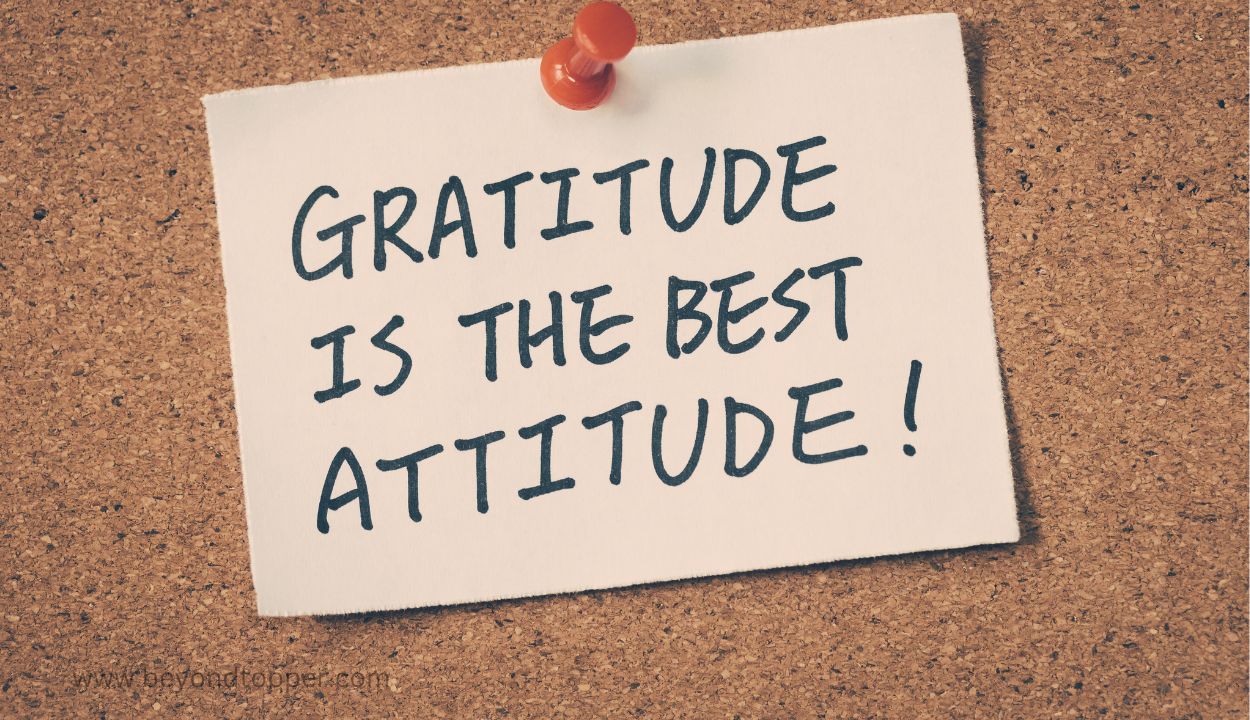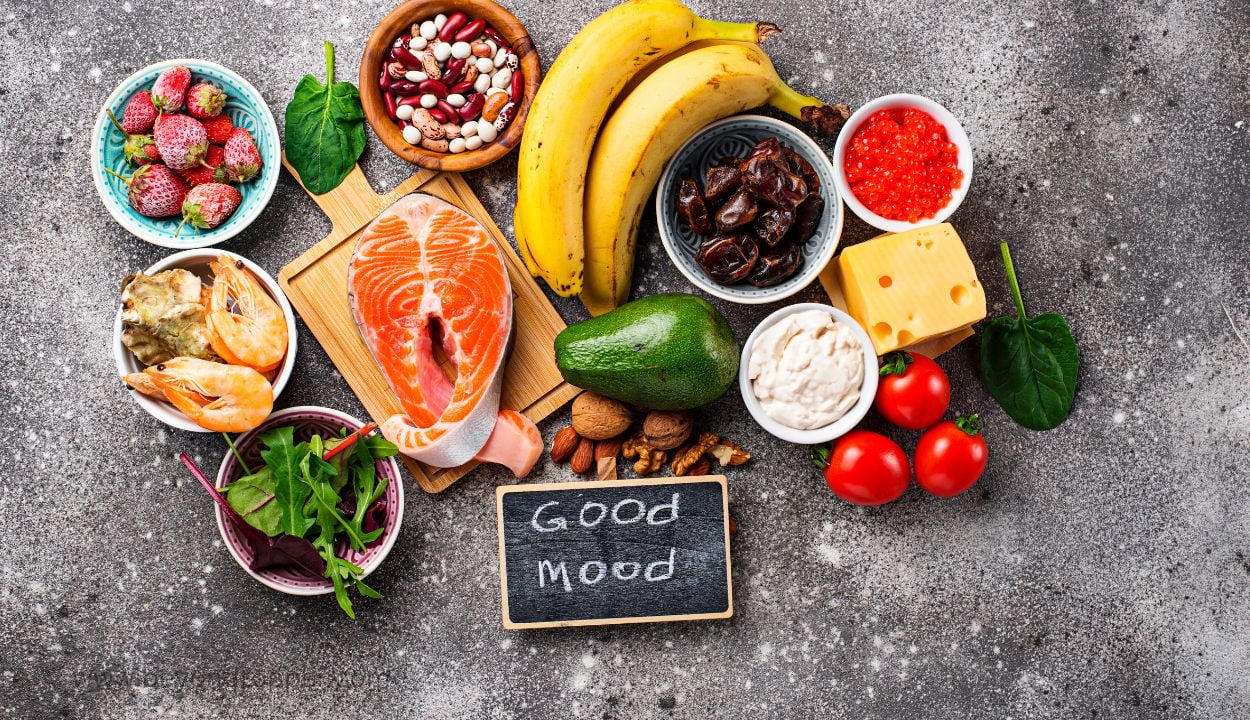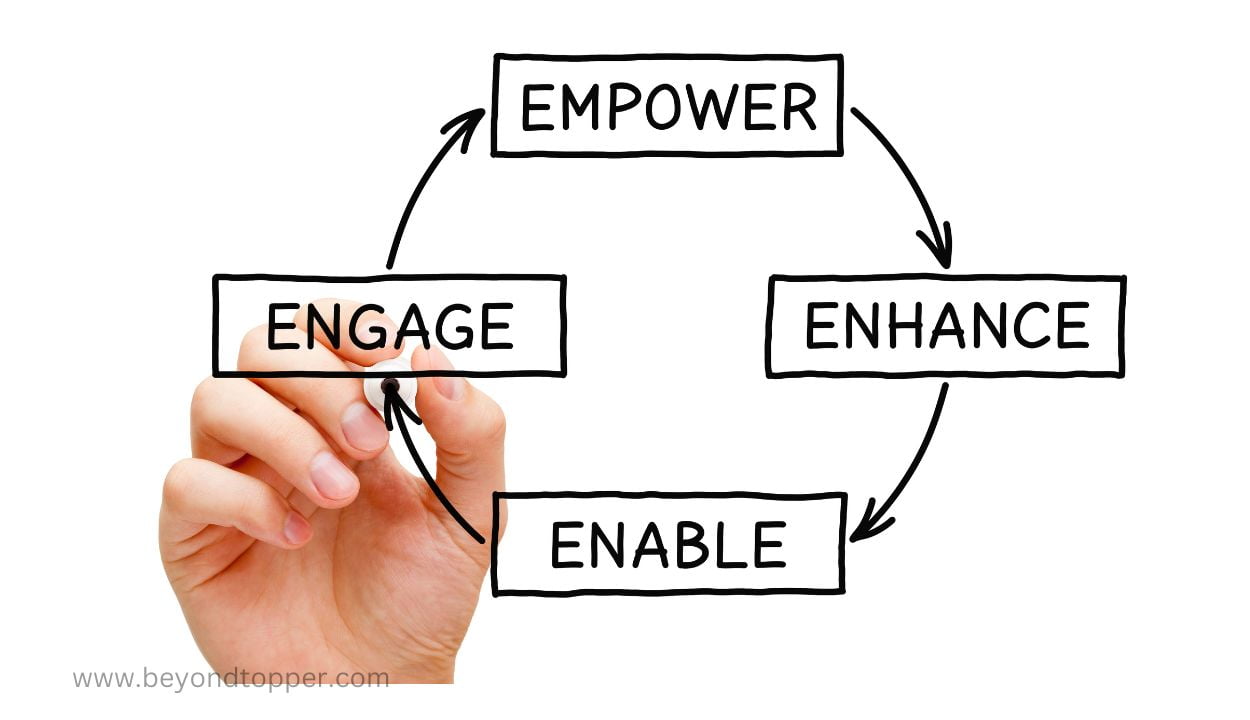Life is filled with unavoidable pain—from physical injuries to emotional heartbreaks. However, suffering is optional. By understanding the distinction between pain and suffering and adopting effective strategies, we can minimise suffering and lead more resilient, fulfilling lives. Embracing this mindset empowers us to take control of our emotional responses, fostering inner peace. By focusing on proactive measures, we can transform our experience of pain and reduce its impact on our overall well-being.
Differentiating between the two enables us to develop healthier coping mechanisms and build emotional resilience. This approach enhances our mental health and improves our overall quality of life. As we navigate life’s challenges, recognising our power to choose our response is crucial to greater personal freedom and happiness. Through intentional practice, we can cultivate a mindset prioritising growth, learning, and positivity, even in adversity, because suffering is optional.
Understanding Pain vs. Suffering
Pain is an inevitable part of life. It signals that something is wrong and demands our attention. On the other hand, suffering is how we react to this pain. It is an internal process influenced by our thoughts and emotions. While we cannot avoid pain, we can control how we respond. We can effectively manage our emotional health by differentiating between pain and suffering. This understanding is crucial for developing resilience and maintaining mental balance during challenging times. Recognizing that suffering is optional allows us to focus on long-term well-being.

By mastering our responses to pain, we can reduce unnecessary suffering and enhance our capacity to thrive. This shift in perspective is empowering and liberating, allowing us to live more fully despite the inevitable hardships. By reframing our experiences and cultivating a growth mindset, we can turn pain into an opportunity for personal development, understanding that suffering is optional.
Effective Strategies to Reduce Suffering
Adopting a multifaceted approach that includes mental, emotional, and physical practices is essential to reducing suffering. Integrating mindfulness and meditation into your daily routine can help ground you in the present moment, reducing anxiety and stress. Cultivating gratitude and focusing on positive aspects of life can shift your mindset from negativity. Engaging in proactive steps, such as setting goals and taking actionable measures, can empower you to manage challenges effectively. Remember, suffering is optional when we choose proactive engagement.
Embrace the Present with Mindfulness and Meditation
Practising mindfulness keeps us anchored in the present, reducing the tendency to dwell on past pain or future anxieties. Meditation calms the mind, providing clarity and emotional stability. Developing a daily mindfulness practice can help increase self-awareness and reduce stress over time. Consistency in meditation enhances emotional regulation and resilience, emphasizing that suffering is optional with the right tools.
Cultivate Positivity with Gratitude Practice

Regularly acknowledging and appreciating the positive aspects of life shifts focus from pain to gratitude, fostering a more positive outlook. Expressing gratitude can improve relationships and increase overall happiness. Practising gratitude also helps shift attention away from negative thoughts and promotes a more optimistic mindset. This practice reinforces the idea that suffering is optional.
Take Charge with Proactive Engagement
Taking proactive steps in response to challenges alleviates feelings of helplessness. Engaging in problem-solving and action empowers us and reduces anxiety. Proactive behaviour encourages a sense of accomplishment and progress. Facing challenges head-on rather than avoiding them builds confidence and reduces fear. By taking initiative, we regain control over our circumstances and foster a sense of empowerment, proving that suffering is optional.
Maintain Balance with Compartmentalization
Compartmentalizing different areas of life prevents negative emotions in one domain from spilling over into others, maintaining balance and perspective. This technique helps manage stress and avoid burnout. It allows a more focused and productive approach to handling daily tasks and responsibilities. By setting boundaries and organizing our lives effectively, we maintain a healthier work-life balance, demonstrating that suffering is optional.
Find Peace through Perspective and Acceptance

Accepting difficult situations and their temporary nature provides relief. Embracing the transient nature of pain helps us move forward. Acceptance helps reduce resistance and emotional turmoil. It fosters a more peaceful and centred state of mind. By accepting life’s challenges, we can focus on finding constructive solutions and maintaining inner peace, affirming that suffering is optional.
Boost Well-being with Physical Activity
Regular exercise benefits physical and mental health by releasing endorphins and reducing stress, improving overall well-being. Physical activity can enhance cognitive function and mental clarity. It also promotes better sleep and boosts overall energy levels. Integrating regular physical activity into our routines can improve physical health and enhance emotional resilience, showing that suffering is optional when caring for our bodies.
Enhance Mood with a Healthy Diet
Consuming nutritious foods boosts energy levels and mood, aiding in better emotional regulation. A balanced diet supports brain health and reduces symptoms of anxiety and depression. Proper nutrition helps maintain stable blood sugar levels, crucial for emotional stability. We can support our overall well-being and emotional balance by prioritizing a healthy diet, reinforcing that suffering is optional with the right nutrition.

Gain Clarity through Journaling
Writing about thoughts and feelings provides an emotional release and helps process pain, offering clarity and insight. Journaling can reveal patterns and triggers in emotional responses. It serves as a therapeutic tool for reflecting on experiences and personal growth. Regular journaling can gain deeper insights into our emotions and develop effective coping strategies, confirming that suffering is optional with self-reflection.
Build Resilience with Social Connections
Maintaining supportive relationships offers comfort and perspective, reducing feelings of isolation and fostering emotional resilience. Social connections provide a sense of belonging and community. Engaging with others can offer new perspectives and solutions to problems. By nurturing our social relationships, we can build a strong support network and enhance our emotional well-being. Relationships enrich our lives, providing emotional sustenance and a sense of connection that mitigates suffering, showing that suffering is optional with strong social bonds.
Seek Guidance with Professional Support

Seeking therapy and counselling provides strategies and tools for managing emotional pain and helping to reduce suffering. Professional guidance can offer personalized coping mechanisms. Therapy provides a safe space to explore emotions and develop healthier thought patterns. By seeking professional support, we can access valuable resources and develop effective strategies for managing emotional challenges, proving that suffering is optional with the right help.
Why BeyondTopper Stands Out for Suffering is optional
At BeyondTopper, we understand that managing suffering requires a comprehensive approach. Here’s how we ensure our readers get the most effective support: Our content integrates physical, mental, and emotional practices to provide a comprehensive strategy for managing suffering. This balanced approach ensures that readers can more effectively handle life’s challenges. By addressing all aspects of well-being, we promote long-term resilience and health, showing that suffering is optional with a holistic approach.
Comprehensive Holistic Approach
Our content integrates physical, mental, and emotional practices to provide a comprehensive strategy for managing suffering. This balanced approach ensures that readers can more effectively handle life’s challenges. By addressing all aspects of well-being, we promote long-term resilience and health. Our holistic approach ensures no aspect of well-being is overlooked, proving that suffering is optional when considering all facets of health.
Actionable Insights with Practical Examples
We provide numerous real-life examples and clear, actionable steps that readers can implement immediately. This practical focus helps readers make tangible changes in their lives. Each strategy is designed to be easily adaptable to individual needs and lifestyles. Our goal is to provide actionable advice that leads to real improvement. By offering practical guidance, we empower our readers to make meaningful changes and improve their quality of life, showing that suffering is optional with practical steps.
Strengthen Bonds with Social Connections

We emphasize the importance of building and maintaining supportive relationships, helping readers reduce feelings of isolation and build emotional resilience. This community support is crucial for long-term well-being. Encouraging social engagement enhances mental health and provides a robust support network. Our platform fosters community and belonging, affirming that suffering is optional with strong social bonds.
Promote Health with Diet and Physical Activity
We highlight the significant role of a healthy diet and regular physical activity in managing emotional well-being and offer practical tips to enhance physical and mental health. This integration ensures a well-rounded approach to reducing suffering. Nutritional advice and exercise recommendations are tailored to improve overall health and well-being. Our approach promotes sustainable, healthy lifestyle changes, proving that suffering is optional with the right habits.
Conclusion: Empower Yourself to Minimize Suffering
- While pain is an unavoidable aspect of life, suffering is optional. By adopting mindful practices, taking proactive steps, and embracing a holistic approach to well-being, we can minimize suffering and lead more resilient, fulfilling lives.
- Explore more strategies and personal stories on BeyondTopper. Remember, the power to change your experience lies within you.
- Integrating these strategies into your daily routine allows you to cultivate a life filled with purpose and joy.
- Stay committed to your well-being journey, and watch how resilience becomes a natural part of your existence.
- The journey to reducing suffering is ongoing, and with each step, you empower yourself to live a more meaningful and enriched life.
- Through dedication and practice, you will find that resilience and happiness are attainable, transforming the quality of your life for the better.
- Suffering is optional; you can overcome challenges with the right mindset and strategies.
